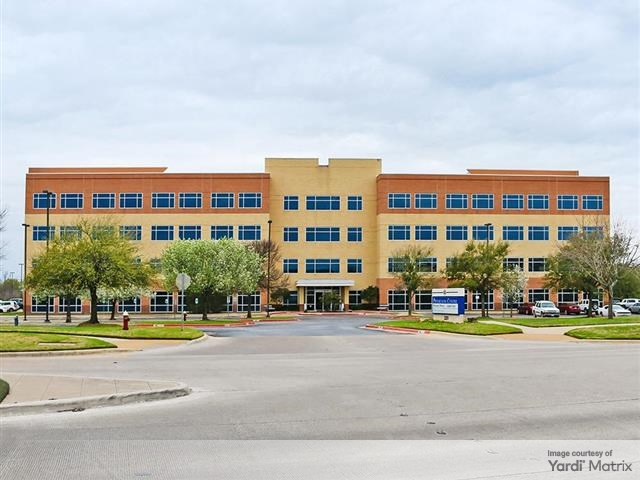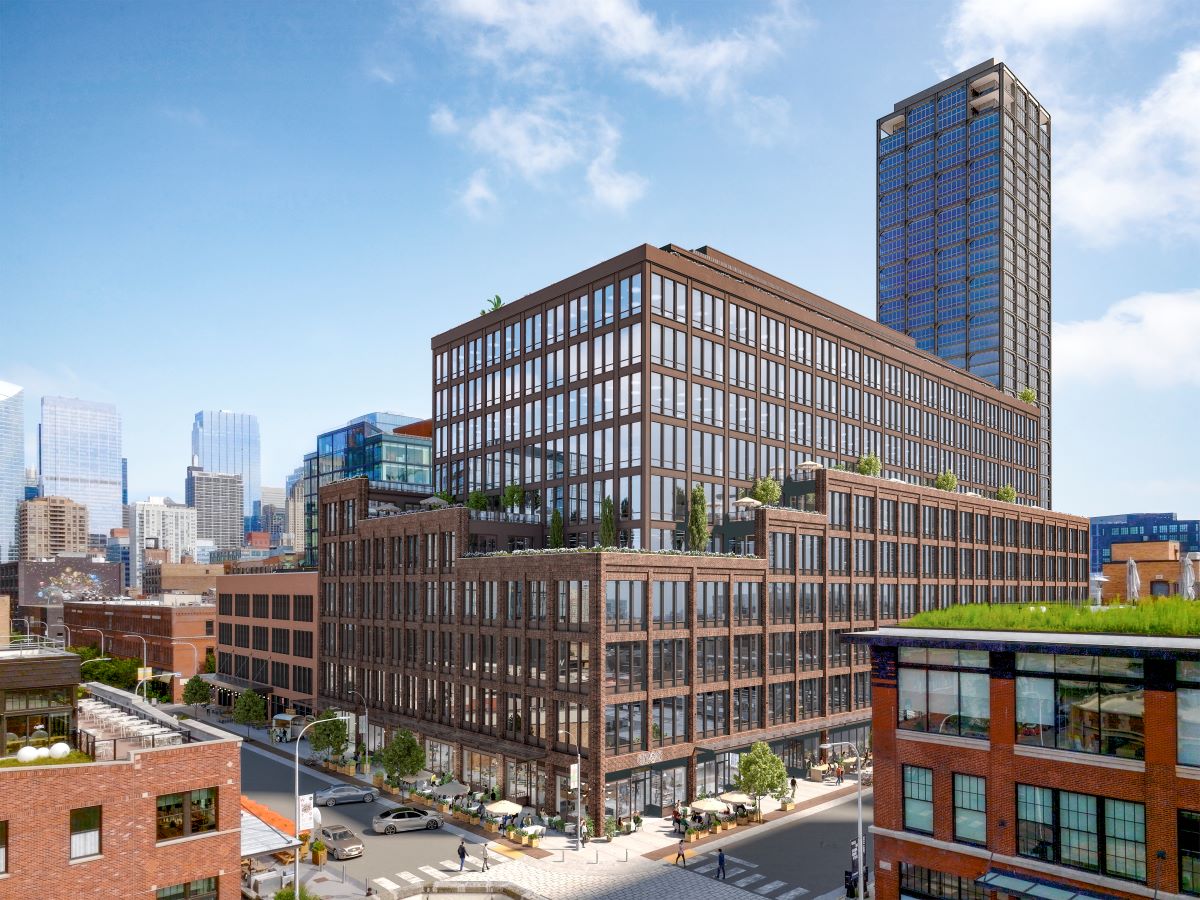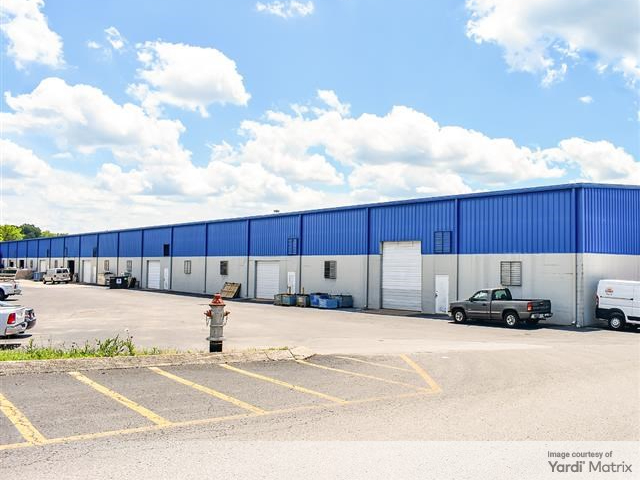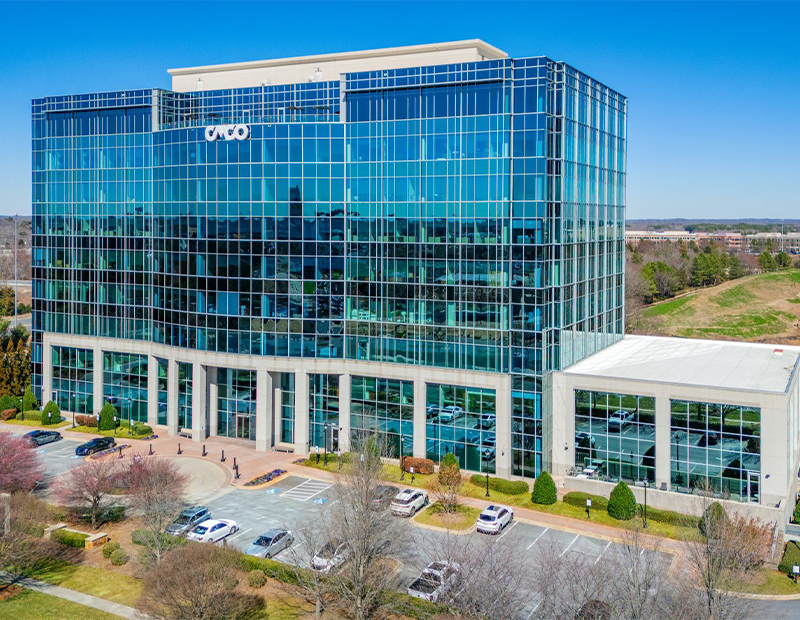What Retail Landlords Need to Know During the Pandemic
Capstone Advisors Founder & President Alex Zikakis offers insights into strategies for a challenging time and discusses what’s ahead for the hard-hit retail sector.
With so many measures aimed at slowing the spread of the novel coronavirus—such as social distancing, shelter-in-place orders and travel restrictions—the retail sector is going through its toughest period since the Great Recession. Several mall owners shuttered their properties a month ago and the financial impact on retail tenants “has been devastating,” according to Capstone Advisors Founder & President Alex Zikakis.
He has been in the retail business for almost 25 years, overseeing a full range of real estate services for enclosed regional malls, open air malls, neighborhood and community centers. In the interview below, he shares his insights on what it takes to cope with the outbreak and reveals his strategy to limit the impact of COVID-19 on his business.
READ ALSO: Bracing for a Wave of Missed Retail Rents
How has the coronavirus outbreak impacted the retail industry so far?
Zikakis: So far, the outbreak has been devastating to the broader retail industry and we don’t know the full extent of the damage that the industry will suffer. It’s pretty obvious that outside of a few key critical-need sectors, such as grocery stores and pharmacies, most tenants have been severely impacted.
Almost all of the necessity-based retailers that we viewed as safe by their being internet-resistant have been the very tenants most impacted by the mandatory closings. This includes restaurants, fitness facilities, hair salons, dry cleaners, nail salons, chiropractic offices—the list is almost endless. No one knows the extent of the lasting damage to these retailers as no one really understands how long it is going to take before the country and the economy reopen, and consumers feel safe to go back to their old patterns, such as going to a crowded restaurant, a movie or their gym.
What are three recommendations for retail investors fighting to survive during these challenging times?
Zikakis: First, constant communication is critical. Tenants are looking for direction from their landlords, even as the landlords are trying to figure out what their proper response to this crisis is. Retail landlords are being flooded with rent relief requests and it is important that the landlord continues to gather information and provide a roadmap of how they are going to respond. This means that landlords also need to be in good communication with their lenders, as income streams are going to be impacted for an extended period of time.
Second, it is imperative that landlords have a fully functioning organization and up-to-the-minute information as to what is going on at their properties. Lenders and partners will need solid information, and, if the owner is going to need cooperation with their lender, they need to prove that their organization is highly functional and able to work through the vast array of issues.
Third, this is not the time to wade into an acquisition. It’s going to take time before we really know what tenants are secure and the timing of the recovery. The traditional lending market is effectively shut down for most borrowers. Over time, there is going to be a large amount of space that is going to become available for lease, as tenants fail, which will open opportunities for tenants to upgrade their existing locations. We expect that by the later part of the year, there will be a wide variety of interesting acquisition opportunities, credit will be more readily available and there will be more market information available to allow buyers to make thoughtful decisions.
How do you expect the most recent interest rate cut to impact the retail market?
Zikakis: I think it is pretty early to guess the impact of the rate cut. Excluding the U.S., more than half of the sovereign debt in the world was negative before this crisis unfolded. We have no idea at this time just how large our deficit spending will be for the year, but it’s easy to imagine it being $4 trillion to $6 trillion. Over the last 25 years I’ve been in business I have only seen interest rates go down, but our deficit was expanding rapidly before this event unfolded. It’s hard to imagine that interest rates are going to increase, given the massive global debt levels, but time will tell.
Tell us about your most recent acquisitions.
Zikakis: The most recent acquisitions we did were centers anchored by highly performing Walmarts and Targets. We were focused on buying the daily-necessity tenants in the best locations, with the strongest anchors. We also recently acquired an unanchored center along one of the best retail corridors in San Diego as a value-add play. Our plan is to do an extensive repositioning of the physical buildings in order to drive traffic and attract a higher quality tenant base.
Would you say grocery-anchored retail properties are safer investments?
Zikakis: The grocery portion of the centers have tended to do very well during this crisis, as people have largely stopped going out to eat. The new global pastime is cooking at home. But the rest of the traditional tenant lineup for these centers is extremely impacted by the quarantine taking place now. The best performing centers are those where the income stream from the grocery store is enough to cover the rest of the center’s costs, which generally will work only if there isn’t too much shop space and leverage levels are very low.
READ ALSO: City, State Officials Halt Commercial Evictions
What are your medium- and long-term plans to limit the impact of the crisis on your business?
Zikakis: We had just completed a multi-year push to upgrade all our computer systems and our operating procedures. Our focus was on reducing the amount of physical processes we needed to perform and we transitioned to a fully digital process of collecting rents, paying bills, processing invoices and tracking leasing and construction. We implemented these systems to gain operating efficiency and it proved fortunate that these were the exact systems we needed to work remotely.
We had also moved everyone to laptop computers in the office and an internet-based phone system that allows us to port our office numbers to our cellphones or computers, which are integrated with video conferencing. This ability to work remotely has been instrumental in our ability to be highly functional during this period of time, but it is also going to lead to long-term changes in the way we work when this crisis passes.
I imagine that we are going to allow more of our organization to work out of the office setting, at least on a rotating basis. But I also believe that after a few months of remote working we are going to be even more convinced of the benefits that come with face-to-face communication and collaboration.

What do you think about the government’s reaction so far? Are their measures helping retail players minimize the impact of the virus on their businesses?
Zikakis: The federal government has moved with incredible speed during this crisis. The most recent proxy to this crisis was the 2008 Great Recession. Within two weeks of the start of this current crisis, the government put into place intervention to support the markets and businesses at a scale that took two years to achieve during the Great Recession. But the longer we are shut down, the more help the economy will need. The most important steps that the government needs to put into place to help our retailers is to be able to roll out fast testing so that we have an idea of who is sick and who is OK to return to general society and the labor market.
How do you expect the retail market to come out of this pandemic?
Zikakis: I expect that there will be some winners that come out of this and there will be many losers. Before this crisis hit, we were steadily working our way through an evolution of physical retailing. This crisis is going to greatly accelerate the changes that were unfolding. Many of the marginal or outdated retailers are not going to make it through a protracted shutdown, and I expect to see an accelerated repurposing of obsolete centers. But like all crises, it will lead to an evolution. Physical retail is not going to disappear, but it will certainly change. If anything, I think this has taught us just how important it is to have access to physical retailers that sell critical-need items.









You must be logged in to post a comment.